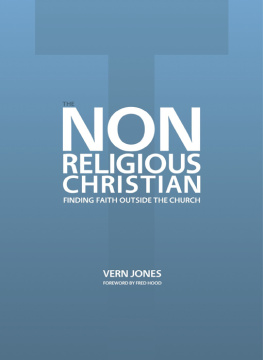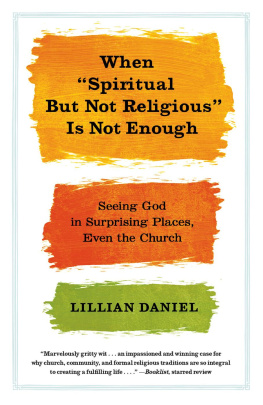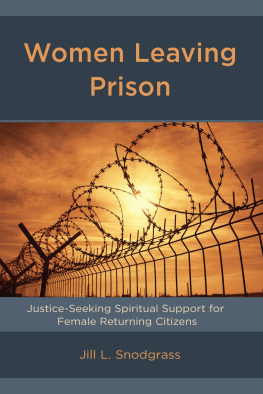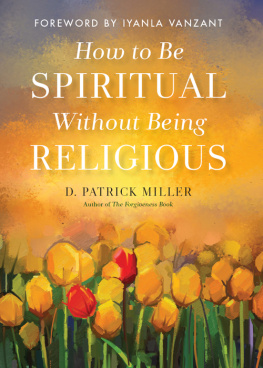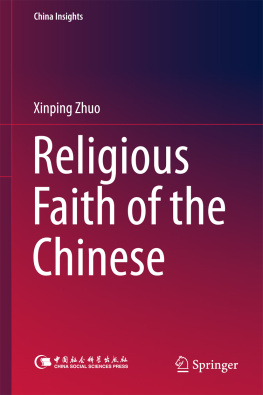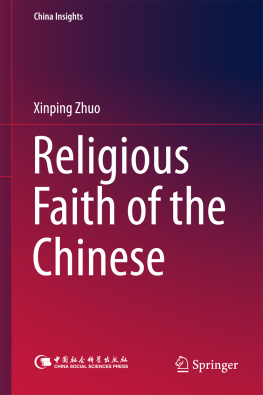John S. Knox - Sacro-Egoism: The Rise of Religious Individualism in the West
Here you can read online John S. Knox - Sacro-Egoism: The Rise of Religious Individualism in the West full text of the book (entire story) in english for free. Download pdf and epub, get meaning, cover and reviews about this ebook. year: 2016, publisher: Wipf and Stock, genre: Religion. Description of the work, (preface) as well as reviews are available. Best literature library LitArk.com created for fans of good reading and offers a wide selection of genres:
Romance novel
Science fiction
Adventure
Detective
Science
History
Home and family
Prose
Art
Politics
Computer
Non-fiction
Religion
Business
Children
Humor
Choose a favorite category and find really read worthwhile books. Enjoy immersion in the world of imagination, feel the emotions of the characters or learn something new for yourself, make an fascinating discovery.

- Book:Sacro-Egoism: The Rise of Religious Individualism in the West
- Author:
- Publisher:Wipf and Stock
- Genre:
- Year:2016
- Rating:4 / 5
- Favourites:Add to favourites
- Your mark:
Sacro-Egoism: The Rise of Religious Individualism in the West: summary, description and annotation
We offer to read an annotation, description, summary or preface (depends on what the author of the book "Sacro-Egoism: The Rise of Religious Individualism in the West" wrote himself). If you haven't found the necessary information about the book — write in the comments, we will try to find it.
This book is a must-read for all sociologists of religion. John Knoxs theorization of Sacro-Egoism adds another dimension to the secularization debate and in particular offers an all-important lens on the nature of religiosity in the USA.
--Ben Pink Dandelion, Programmes Leader, Centre for Postgraduate Quaker Studies, Woodbrooke Quaker Study Centre
Dr. John Knoxs study to see the socio-philosophical axioms underpinning the current milieu of Christianity, specifically in our region of the Northwest, reveals just how much the post-enlightenment of self, or ego, has permeated our churches. His review of the many states of the Church serves as a gut-check for the individual Christian, as well as Christian institutions in general.
--William Holtzinger, Pastor, St. Anne Catholic Church, Grants Pass, OR
Dr. Knoxs strong background in Church History, Biblical Studies, and his love for the Church has produced an excellent treatise of the Rise of Individualism and its impact on church practices.
--Timotheos Tsohantaridis, Professor of Biblical Studies and Greek, George Fox University, Newberg, OR
Dr. Knox thoughtfully exposes a cultural value thats fracturing the impact of the missional church in our western society. As a pastor, Ive observed that those who stay engaged with others, even when its difficult, are the ones who grow in their identity in Christ and their love for others. Radical individualism undermines community, which is a significant aspect of Gods redemptive plan.
--Bill Towne, Lead Pastor, Rolling Hills Community Church, Tualatin, OR
John S. Knox, PhD, is an online instructor of Apologetics at Liberty Universitys School of Divinity, and the Scholar-in-Residence at The Biblical Studies Center in Boise, Idaho. He has taught Bible, history, and religion for over a decade at several Christian universities in the Pacific Northwest and the East Coast. He lives in Idaho with his wife, Brenda, and their two sons, Jacob and Joseph. He is the author of The Letter of Alon (2013).
John S. Knox: author's other books
Who wrote Sacro-Egoism: The Rise of Religious Individualism in the West? Find out the surname, the name of the author of the book and a list of all author's works by series.

